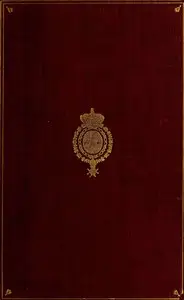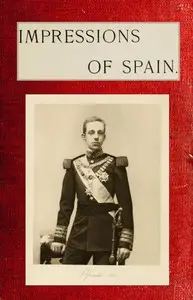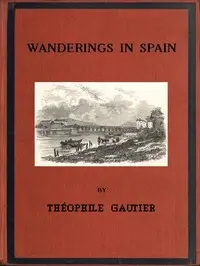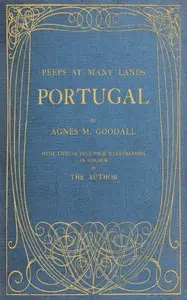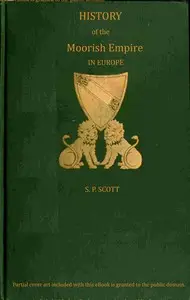"The Land of The Blessed Virgin; Sketches and Impressions in Andalusia" by W. Somerset (William Somerset) Maugham is a travel journal from the early 1900s. The book shows Maugham's journey through Andalusia, a land in southern Spain, and examines its history, religion, and art. Readers experience the different scenery and energetic living of the Andalusian people through Maugham's words, as he shares both his own thoughts and historical facts. The book opens with Maugham thinking about Andalusia while stuck in rainy London, wishing for its heat, colors, and excitement. The reader is transported to sunny scenes filled with music and scents, revealing the influence of the Moors on the region's culture. Woven throughout are insights on the artistic and religious effect on the people, and Maugham thinks about the area’s past and its impact on today's Andalusian ways.
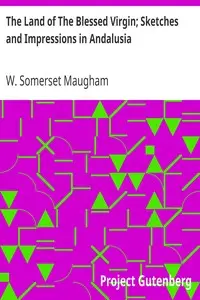
The Land of The Blessed Virgin; Sketches and Impressions in Andalusia
By W. Somerset (William Somerset) Maugham
Escape to southern Spain through the eyes of a traveler as he recounts his experiences with vibrant culture, historical echoes, and personal moments.
Summary
About the AuthorWilliam Somerset Maugham was an English writer, known for his plays, novels and short stories. Born in Paris, where he spent his first ten years, Maugham was schooled in England and went to a German university. He became a medical student in London and qualified as a physician in 1897. He never practised medicine, and became a full-time writer. His first novel, Liza of Lambeth (1897), a study of life in the slums, attracted attention, but it was as a playwright that he first achieved national celebrity. By 1908 he had four plays running at once in the West End of London. He wrote his 32nd and last play in 1933, after which he abandoned the theatre and concentrated on novels and short stories.
William Somerset Maugham was an English writer, known for his plays, novels and short stories. Born in Paris, where he spent his first ten years, Maugham was schooled in England and went to a German university. He became a medical student in London and qualified as a physician in 1897. He never practised medicine, and became a full-time writer. His first novel, Liza of Lambeth (1897), a study of life in the slums, attracted attention, but it was as a playwright that he first achieved national celebrity. By 1908 he had four plays running at once in the West End of London. He wrote his 32nd and last play in 1933, after which he abandoned the theatre and concentrated on novels and short stories.


